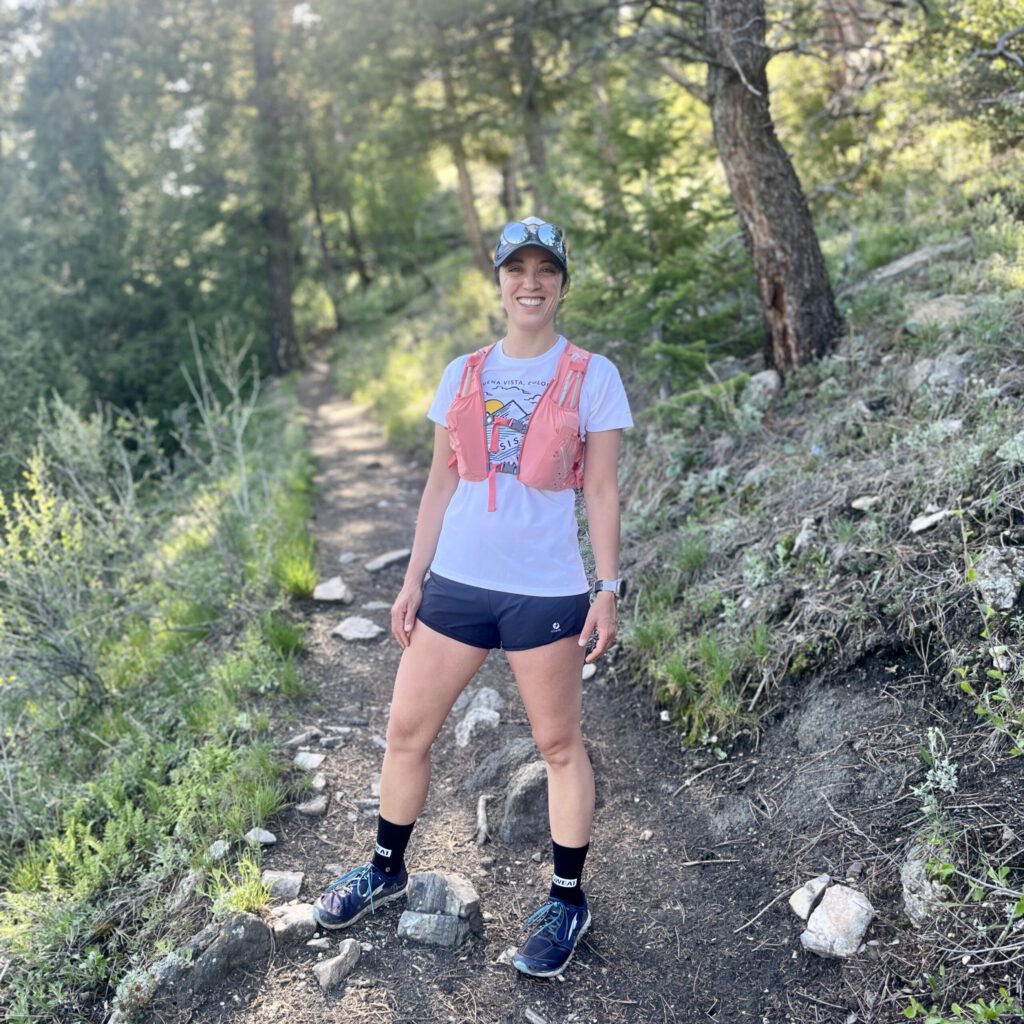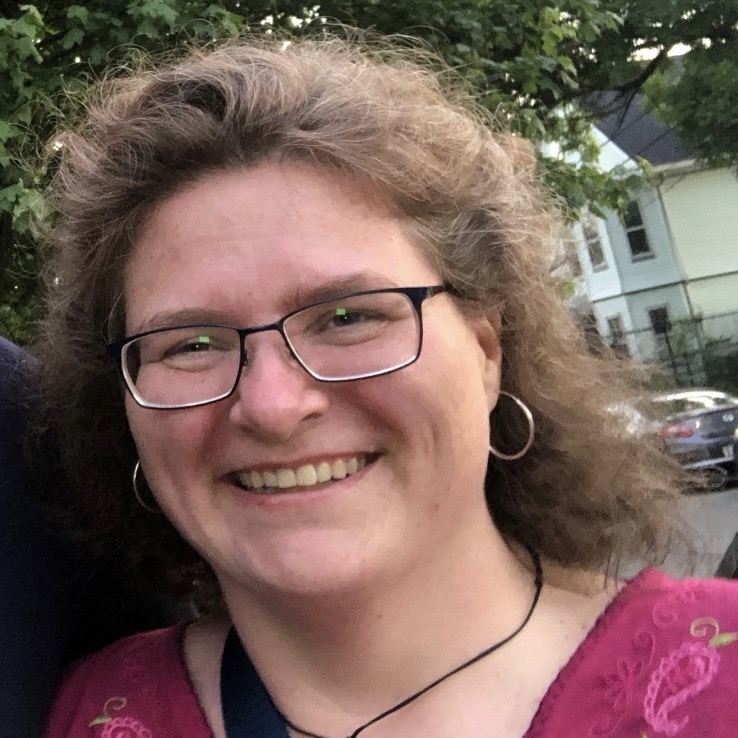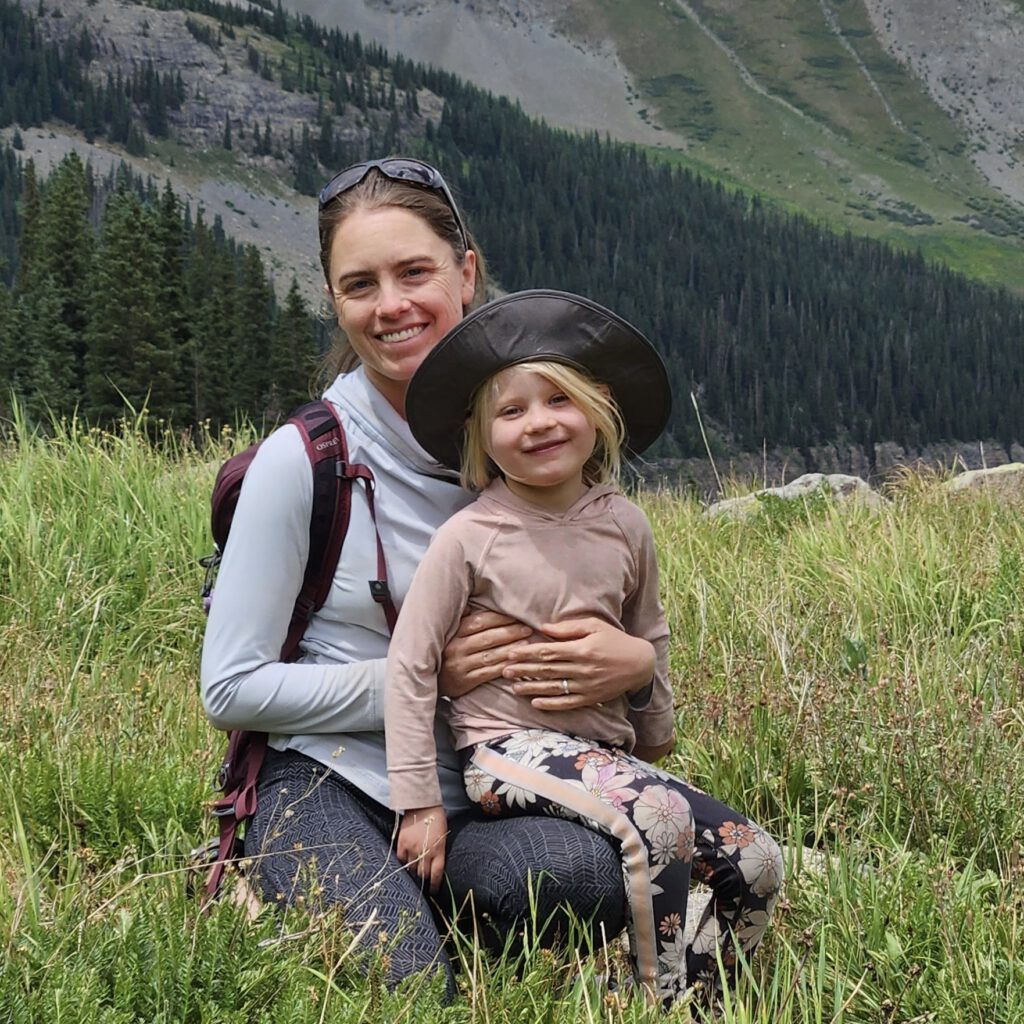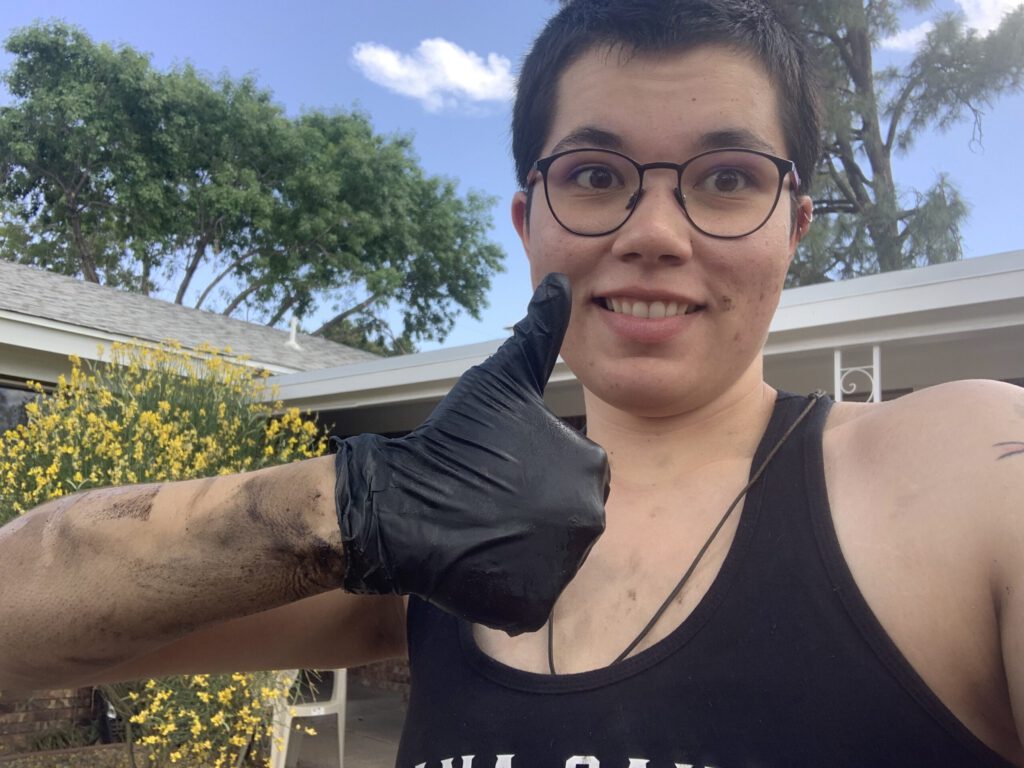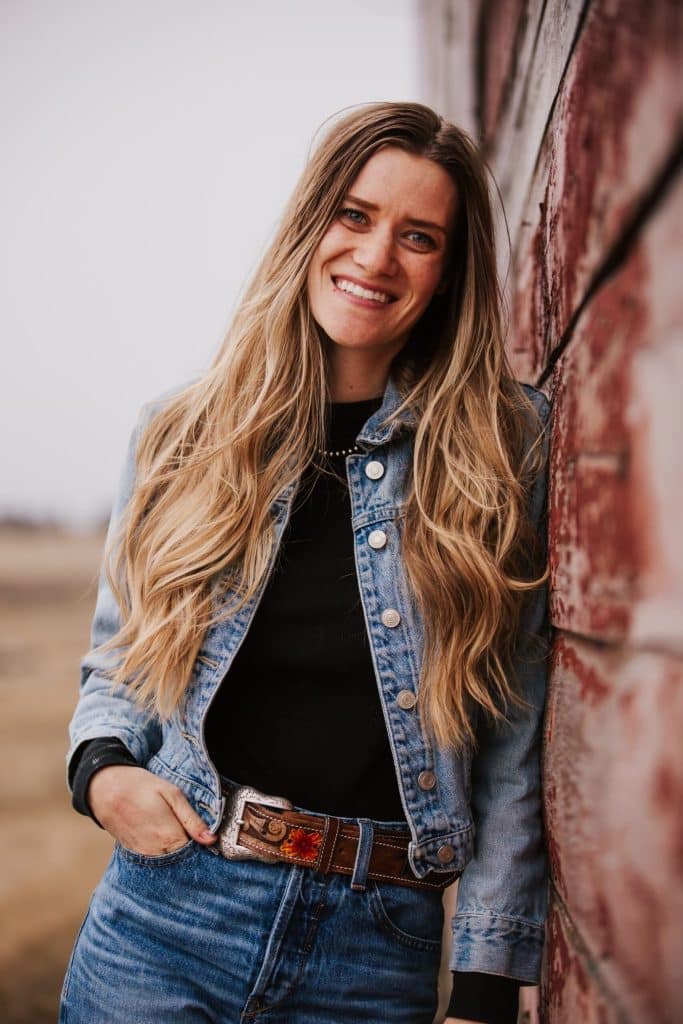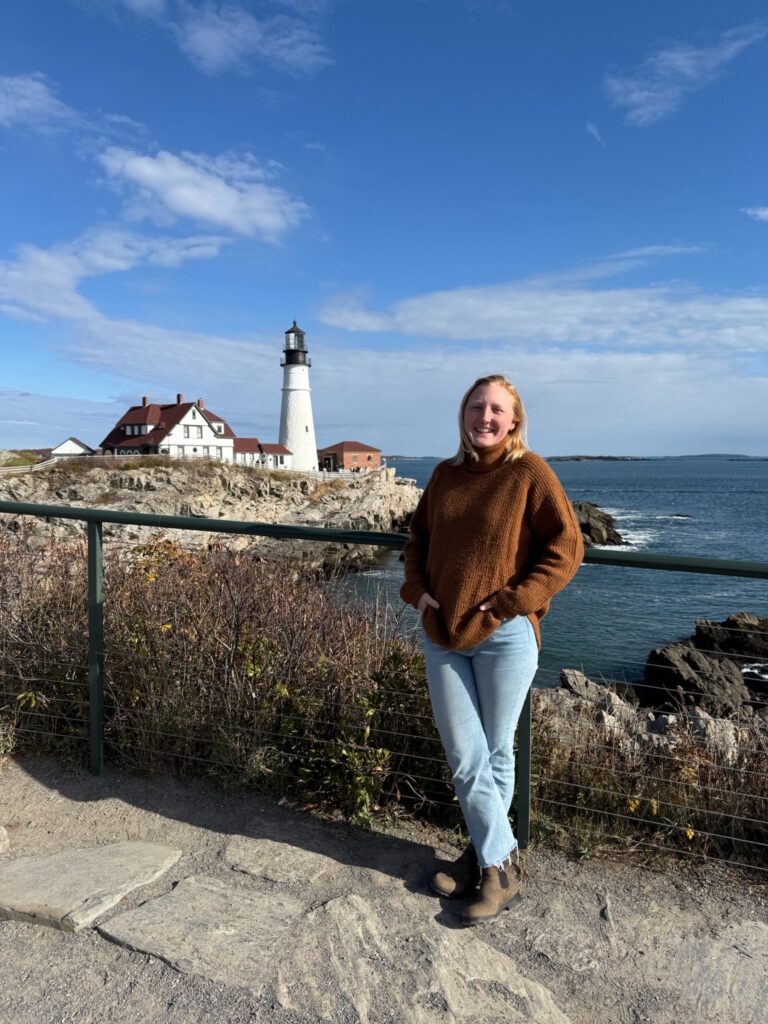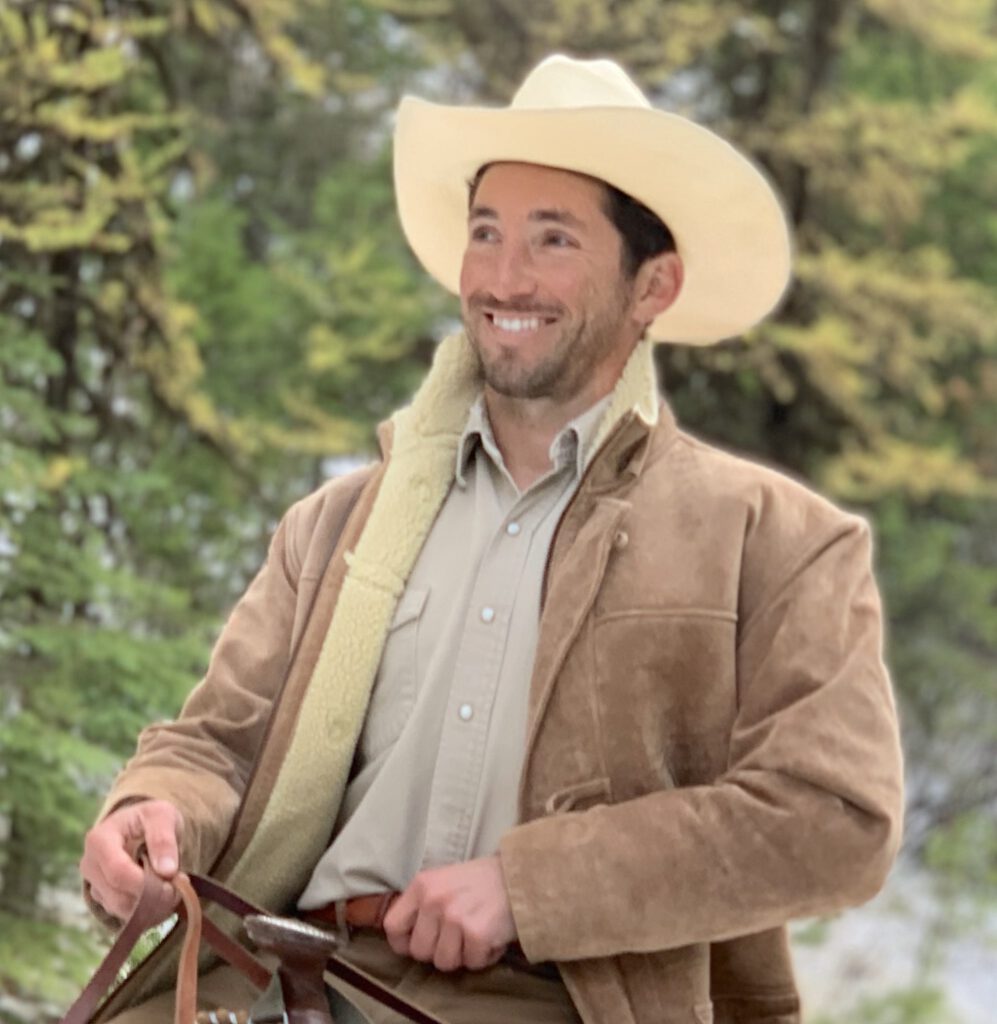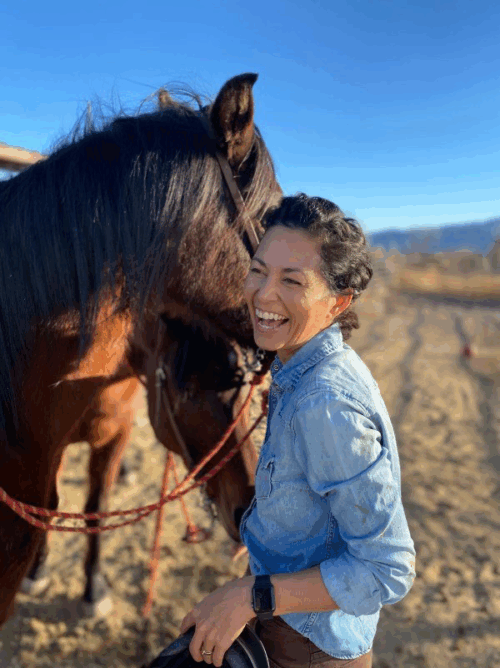Education, Innovation, Restoration
one acre at a time
At Quivira Coalition, we strive for a world where regenerative agriculture is recognized as a vital solution for the future of our food systems and the health of our planet. Our work is centered on transforming the extractive patterns of the past into regenerative practices that enhance the land, water, and air we depend on. We are committed to advancing this shift — one that embraces land stewardship as the foundation for both ecological and economic resilience.
We are working to build a movement where regenerative agriculture is embraced; through education, research, and hands-on collaboration, we bring together the people and practices that make this vision possible. Whether it’s through training, community engagement, or direct action on the land, Quivira is proud to lead the charge toward a more just, equitable, and sustainable future.
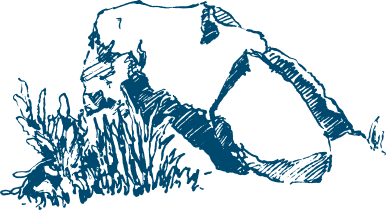
New Agrarian Program apprentice alumni
years at the radical center
acres stewarded by REGENERATE community
What We Do
Our Mission
Through education, innovation, and collaboration, Quivira works in coalition with ranchers, farmers, government agencies, and land stewards to foster resilience on working lands.
We strive to achieve
Our Vision
We envision a world where agriculture provides for the health of rural economies and communities, heals social injustice, and regenerates climate, land, water, and ecosystems. We work to support the community and implementation of regenerative agriculture until it is embraced as a crucial piece of our food systems, our land stewardship, and our solutions to climate change. Quivira’s work, at its foundation, advances the current shift from extractive to regenerative culture and economy.

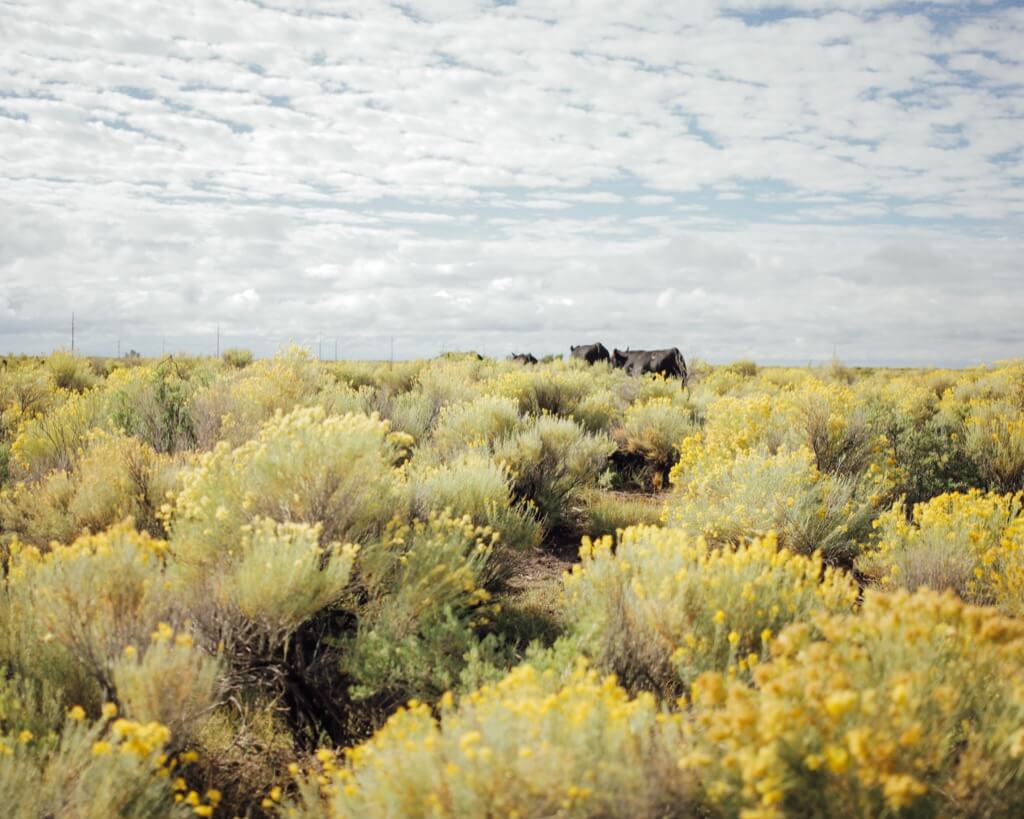
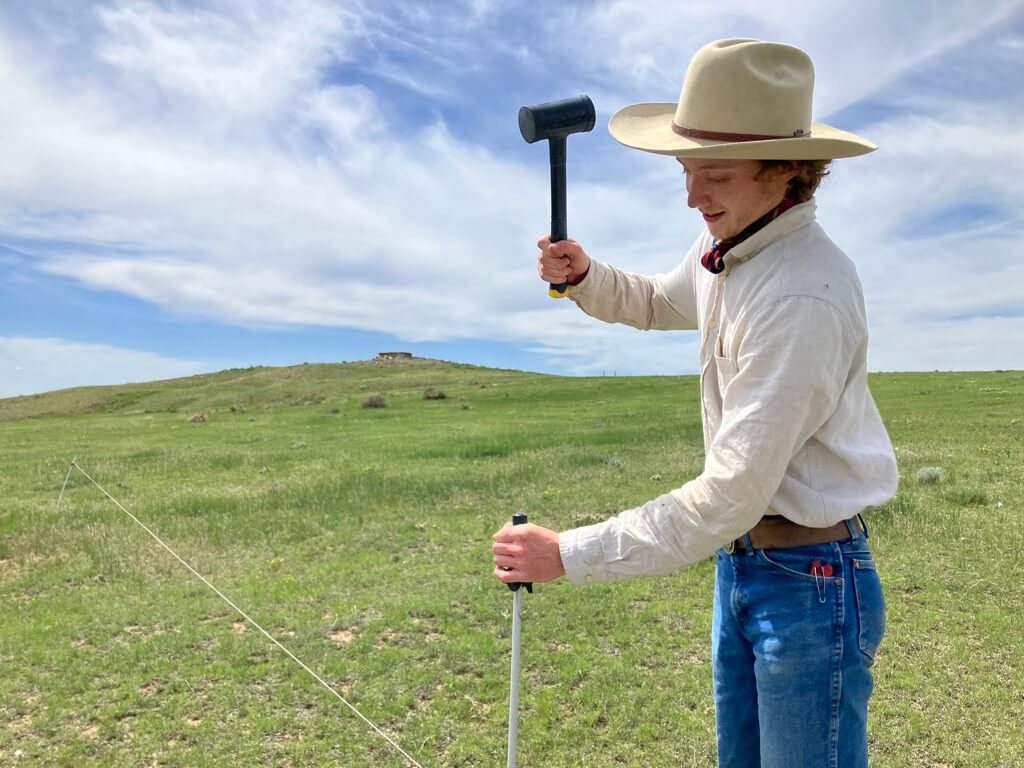
Our Team
Quivira Coalition consists of a small staff, a dedicated board, dozens of volunteers, numerous family ranchers and farmers, conservationists, scientists and public land managers, hundreds of members, and thousands of others impacted by our work. What we all have in common is a dedication to building economic and ecological resilience on working landscapes.
Anica comes to Quivira with a storyteller’s eye and a family history tied to the land. Her great grandfather and grandfather were part of a long line of vaqueros in northern New Mexico and her dad spent his entire career in the Forest Service working to help all people access the outdoors. Anica is a journalist by training and has more than a decade of communications and marketing experience, most of it with non-profits. She is always looking for ways to tell the stories of those who are doing the “heart work” of caring for the land and feeding our communities.
She and her partner own an urban farm in the Denver-metro area and are committed to utilizing regenerative agriculture practices. They also focus on finding beauty in farm work and the connections formed through fresh produce. Their weekly farm stand gives people the opportunity to meet neighbors and get an inside look at the importance of local agriculture.
When not farming, Anica enjoys reading, running and laughing at the shenanigans of their three dogs.
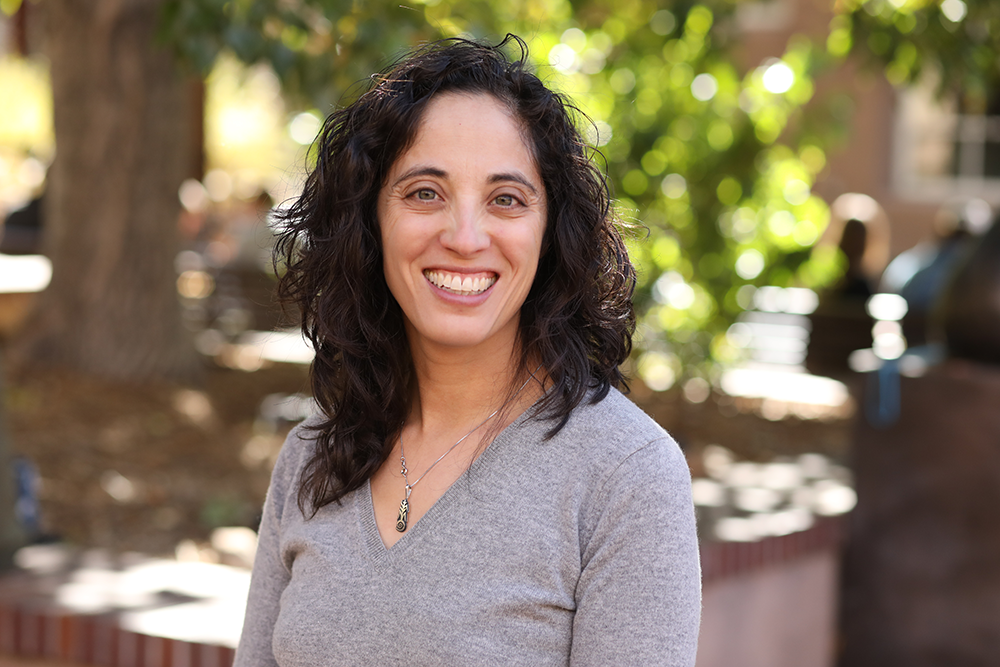
Carrie has worked for mission driven organizations for almost 30 years with a passionate focus on environmental and climate change areas. She brings this experience to Quivira Coalition where she oversees operations and systems that support Quivira staff in their work, brings thought leadership at an organizational level and works closely with the Executive Director.
Her formative years began on an 80 acre family farm that used organic practices in the western mountains of Maine and later moved to the coast of Maine. Her connection to the earth continued to grow as she did. After receiving a degree in psychology, she worked overseas and on the ocean where she began to see the connection between culture and the environment. She explored this more deeply through graduate studies in physical oceanography and marine policy where her research explored the effect of climate change through science, social and communication perspectives. Before joining Quivira Coalition, Carrie worked as the Operations and Finance Director for Acadia Center, a non-profit organization working towards a clean energy future, for almost 9 years.
Carrie is inspired in life and in work by the sacredness of the earth and our relationship with her. The joy and laughter in Carrie’s life comes from being in nature, fiber arts, gardening, music and her friends and family. She is excited to fulfill her long term dream of living in New Mexico.
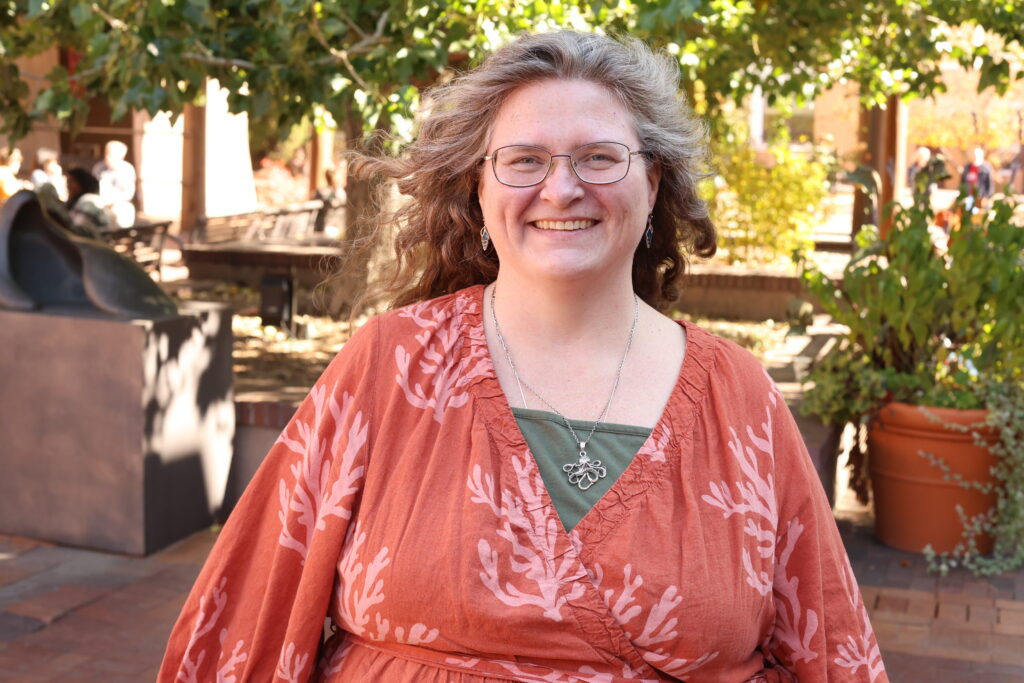
Christina grew up across the US, and so has trouble answering the question, “Where are you from?” This transient upbringing lead to a love for exploring new cultures and landscapes. In fact, her first introduction to rangelands came during college while learning from yak-herding nomads in Tibet, where she gained an appreciation for the reciprocal relationship between people, animals, and grasslands.Since then, she has worked across a variety of agricultural and nonprofit settings, including a vegetable farm for refugees in Virginia and an educational ranch in Colorado. She also worked in Nepal as a Peace Corps Volunteer supporting food security initiatives, as well as in Thailand teaching sustainable resource management through experiential education.Christina holds a Master of Science in Geography from the University of Montana, where her research focused on agroecological resilience on working landscapes. She is currently one of the New Agrarian Program Managers at Quivira Coalition, with a regional focus on Colorado and Wyoming. Based in the Colorado’s Front Range, she enjoys balancing time in the outdoors and creative projects at home.
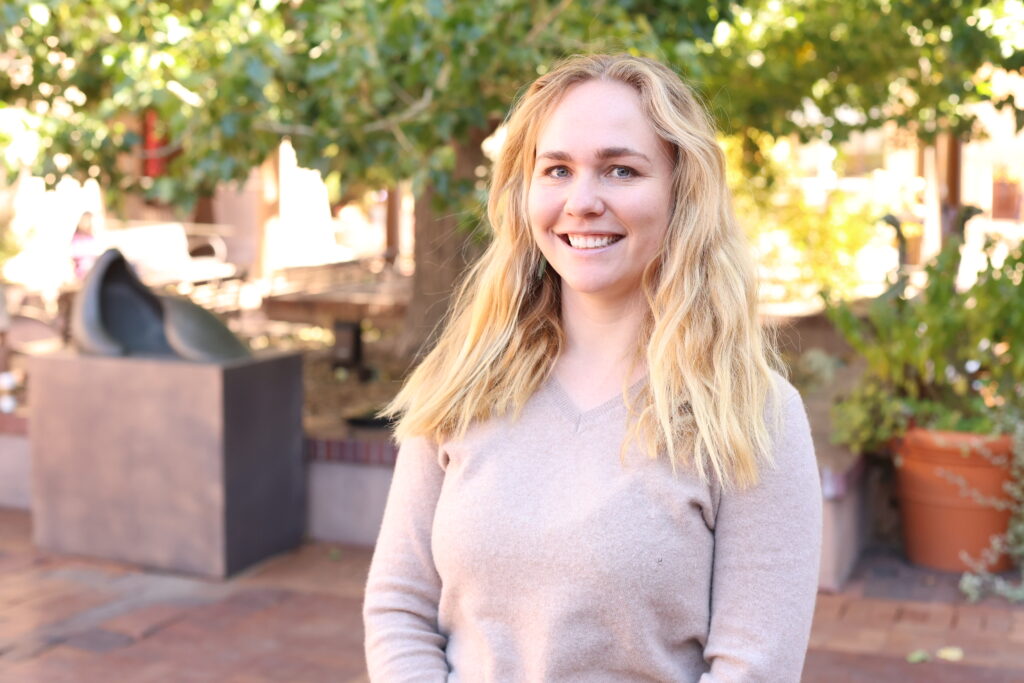
Cullen was born and raised in Texas, growing up along the Mexican border in El Paso. In 1976, he moved to Santa Fe, where he attended and graduated from St. John’s College. After law school at the University of Texas, he moved back to Santa Fe in 1984. A friend told Cullen about Quivira Coalition shortly after its formation. A short time later, he helped Quivira to acquire Red Canyon Reserve, and with Steve Carson, he has co-managed it ever since.
Cullen met his wife Jone on the back of an elephant in 1968, but postponed marriage until after she retired as a professional ballet dancer. They are still together. Cullen is an avid cyclist, cross country skier, and river runner, and has practiced taijijuan for more than 35 years.

Elicia comes to Quivira with a curiosity about the promise of personal, social and ecological healing through agriculture. Elicia began her farming journey at Green Gulch Farm Zen Center in California over a dozen years ago, and worked for Fort Lewis College running a farmer training program before coming to Quivira. Elicia holds a bachelor’s in Environmental Analysis from Pomona College and a master’s in Geography from the University of Minnesota. As part of the Education and Outreach team, she is excited to connect with farmers, ranchers, and land stewards across New Mexico and Colorado to foster community and share knowledge and information. She lives in Mancos, Colorado with her husband and daughter, and their small yard is filled with apple trees, herbs, and flowers.
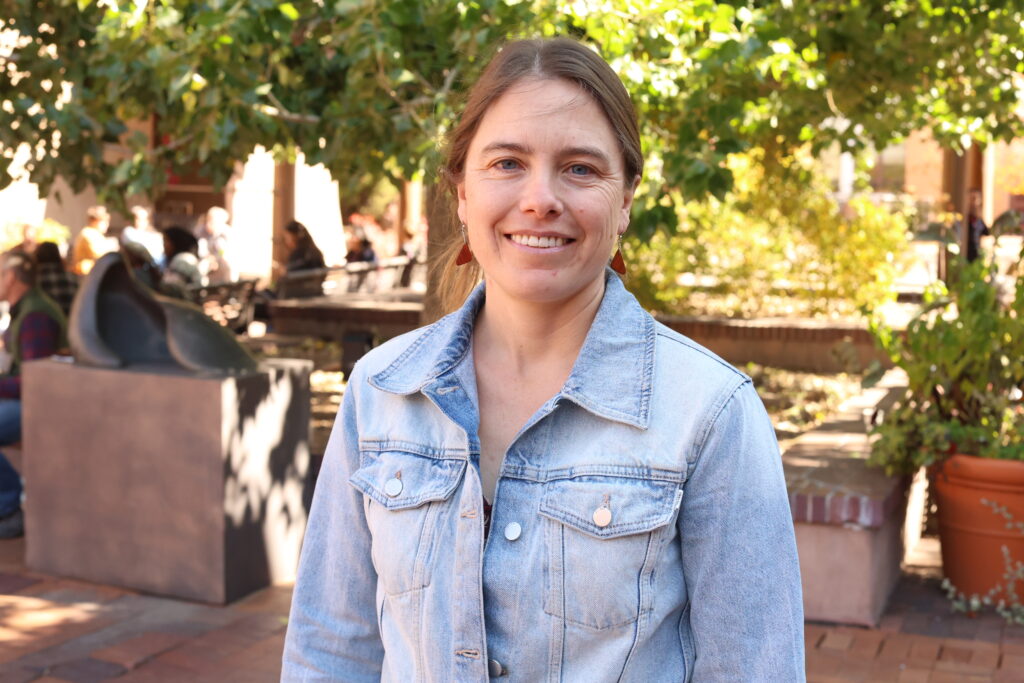
Emily Hotovec is a 5th generation New Mexican who was born and raised in Albuquerque. Emily’s professional background is in health care. She worked in patient care roles from the moment she graduated high school all the way up until beginning work with Quivira Coalition.
Most recently, she spent six years as a Physical Therapy Aide, providing hands-on assistance in physical, occupational, and speech therapy treatments. She is also a CPR & First Aid instructor, and led her facility’s resuscitation team in responding to episodes of cardiac arrest and other life-threatening medical emergencies.
Though new to the worlds of both nonprofit and sustainable agriculture, she is excited to bring a healthcare worker’s empathy, dedication, and level-headedness to her position as Operations Coordinator.
Outside of work, Emily’s favorite hobby is the gradual restoration of her 1968 Chevy pickup truck.

Ernie Atencio is an applied cultural anthropologist, conservationist, and writer with deep Indo-Hispano roots in northern New Mexico. He recently retired as Southwest Regional Director for National Parks Conservation Association, where he managed staff and advocacy campaigns to protect parks and public lands throughout the four-corners states, supported Indigenous co-stewardship initiatives, and helped create a new national park site and a new national monument. Ernie previously spent many years as Executive Director of the Taos Land Trust, where he developed innovative community partnerships, permanently protected thousands of acres of land, and returned a sacred site to the legal ownership of the Taos Pueblo Tribe. He has also been executive director of a national association of cabin owners, coordinated the Valles Caldera Coalition, and worked with a number of other conservation organizations.
Growing up in inner-city Denver, Ernie discovered the larger world—and the land—through an Outward Bound “hoods-in-the-woods” program and, in addition to conservation activities, has worked throughout the West ever since as a wilderness instructor, national park ranger, environmental educator, and journalist.
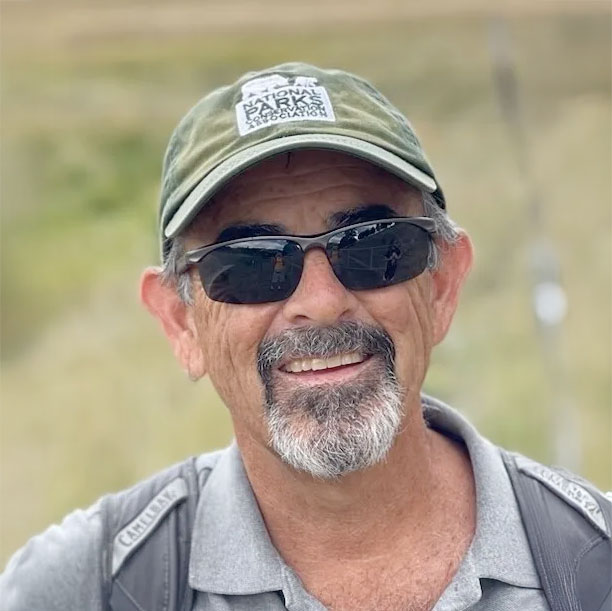
Evanne Caviness is a rancher, mother, and agricultural policy expert who runs a cow/calf and hay operation in Bayfield, CO with her husband and three children. Evanne serves her state as the Director of the Conservation Services Division with the Colorado Department of Agriculture. Evanne is passionate about farmland preservation for the next generation and serves on various leadership boards and councils across her state. In her free time, she trains Quarter Horses and gardens.
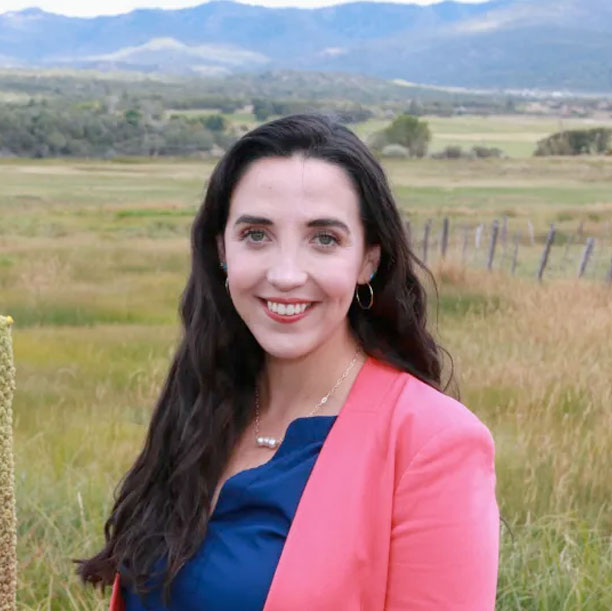
Hayden comes to the NAP team from Central Montana where she resides on her husband’s family ranch, learning alongside them both the joys and struggles of ranching. She was born and raised in rural Montana having both an understanding of the agriculture world and a passion for conservation. She received a B.S. in Rangeland Management from Montana State University. She has spent the start of her career working for the Natural Resource Conservation Service (NRCS) as a Range Management Specialist. It was here where she found her greatest joy was working directly with agriculture producers and learning from them on their operation. That is what excites her most about her new role here at the Quivira Coalition. She serves the Quivira Coalition as the New Agrarian Program Northern Plains Coordinator and is excited to work with mentors and apprentices alike and continue learning on the ground how to better the environment around her. In her free time Hayden enjoys spending her days on a horse, gardening, and spending time outdoors around the ranch with her two wild cowdogs and son Jack.
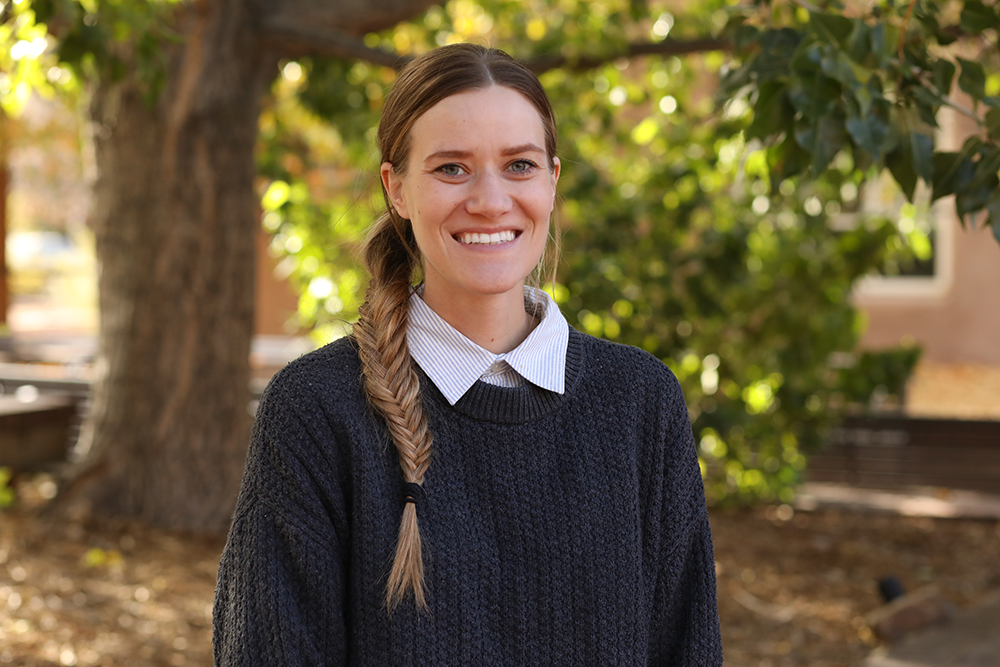
Holly was raised in the mountains outside of Durango, CO. She was fortunate that her family ran an outdoor education business. She actively participated in backpacking tours, bike tours through the western United States and Canada, and Habitat for Humanity work trips in Mexico. She earned her undergraduate degree at Northern Arizona University and worked with children’s outdoor educational camps that explored native cultures and the landscape of Northern Arizona. She holds an M.Agr. in Agriculture Sciences–Integrated Resource Management and a Graduate Certificate in Applied Global Stability in Agriculture from Colorado State University. Her professional experience includes running a diversified farm that produced pastured broiler chickens, eggs, lamb, and goat meat. She worked as the office and production manager at her local USDA-inspected meat processing facility, where she enjoyed working with local livestock producers and helping to provide healthy, locally raised food for her community. Currently, she lives on a farm in southwestern Colorado with chickens, goats, sheep, guard dogs, cats, and many family members. She is thankful to be working with Quivira and excited to support mentors and apprentices in Southern Colorado and New Mexico.

Julie Sullivan was born and raised in California. After working as an actor, arts administrator, and starting a private progressive preschool in Seattle, she earned her Master’s in Environmental Education and subsequently taught interdisciplinary environmental education at both undergraduate and graduate levels for the Audubon Expedition Institute at Lesley University. She spent those years challenging students to look beyond surface conflicts between environmentalism and agriculture, and to see the common values and goals shared by both points of view. After over a decade living outside teaching for the Expedition, Julie met and joined George Whitten at the ranch in 2001 on his certified organic, grass-finished cattle ranch. The ranch is committed to restorative practices that result in soil health, functioning grassland ecosystems, and viable small scale ranching. Julie and George and the founding mentors of the Quivira Coalition New Agrarian Program and have been mentors since its inception. Julie also serves as Mentor Support and Training for the New Agrarian Program. She is fiercely dedicated to the next generation of agrarians, fully functioning ecosystems and creative solutions to the interaction of humans with their planet.
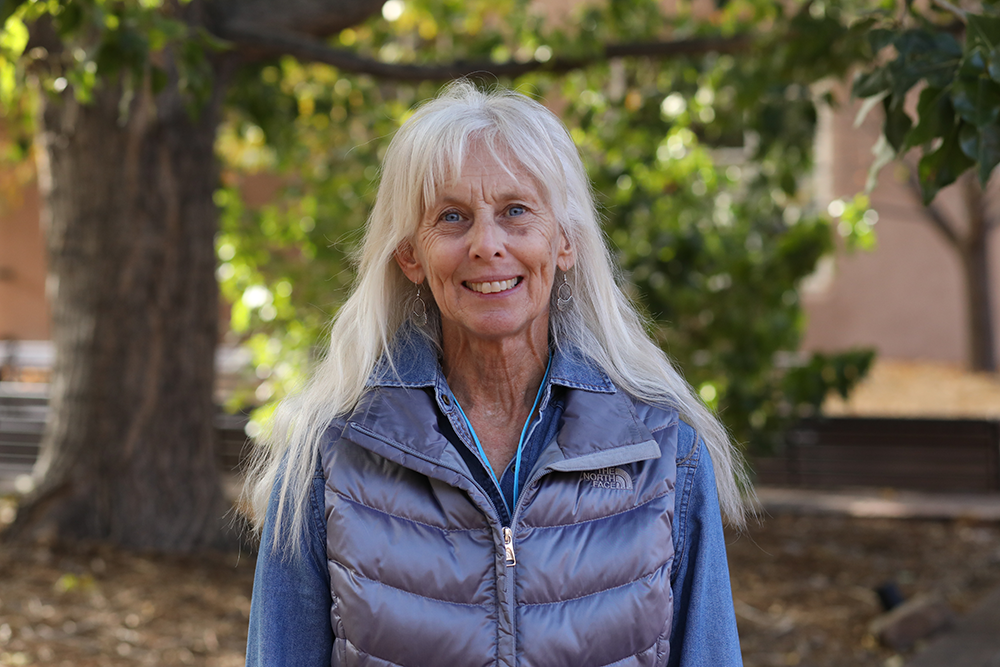
For the past twenty years, Kate has been a quiet force for change, weaving together agriculture, technology, environmental justice, and democratic workplaces across the US. Her expertise spans food production and digital design, allowing her to tackle systemic challenges – especially those involving spreadsheets or power tools. Outside of work, you can find Kate canning homegrown vegetables, bingeing Dungeons & Dragons podcasts, and exploring nature with her partner and their canine companion, Beans.

Katie Miller is passionate about preserving the landscapes of the American West and the vital role that thoughtful land stewardship plays in keeping those landscapes whole and healthy. She brings a systems-level understanding of the social, environmental, and economic dimensions of agriculture and works to strengthen all three through education, collaboration, and community engagement.
Katie holds a Bachelor of Liberal Arts and Sciences degree from Colorado College, where she designed her own major in Sustainable Agriculture in the Western United States. As a Certified Educator with Holistic Management International and an Independent Farm & Ranch Auditor for the American Grassfed Association, Katie is excited to translate her knowledge and past experiences to support opportunities for the next generation in agriculture and to advance regenerative practices that sustain both people and place through Quivira’s Education and Outreach team.
In her leisure time, Katie enjoys her role as a mother to her daughter and son, and alongside her husband, stewards their land—Heritage Belle Farms—a 160-acre first-generation ranch in Calhan, Colorado, where they raise Texas Longhorn cattle, goats, sheep, pigs, and poultry, and direct-market American Grassfed Association-certified beef.
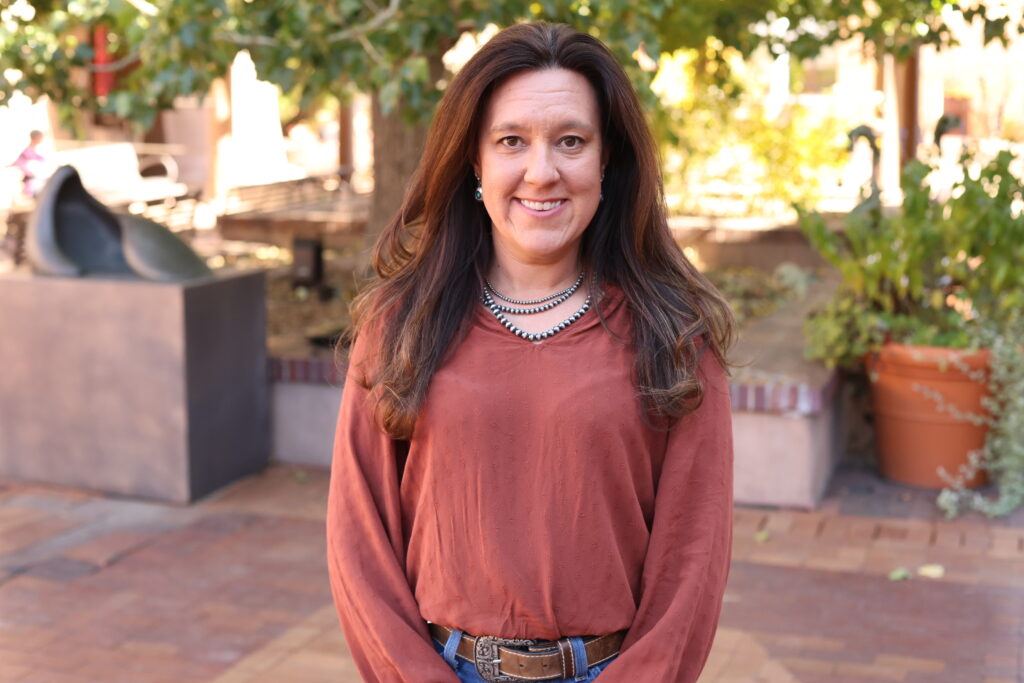
Kevin Watt is a rural hospice chaplain and regenerative agriculture consultant that supports individuals and organizations growing food systems that are socially, spiritually, environmentally, and economically regenerative. Kevin has worked on leading US regenerative farms and ranches including TomKat Ranch in California and Polyface Farm in Virginia, ran his own mixed species ranch, and served for years as a director on the board of the San Mateo County Resource Conservation District.
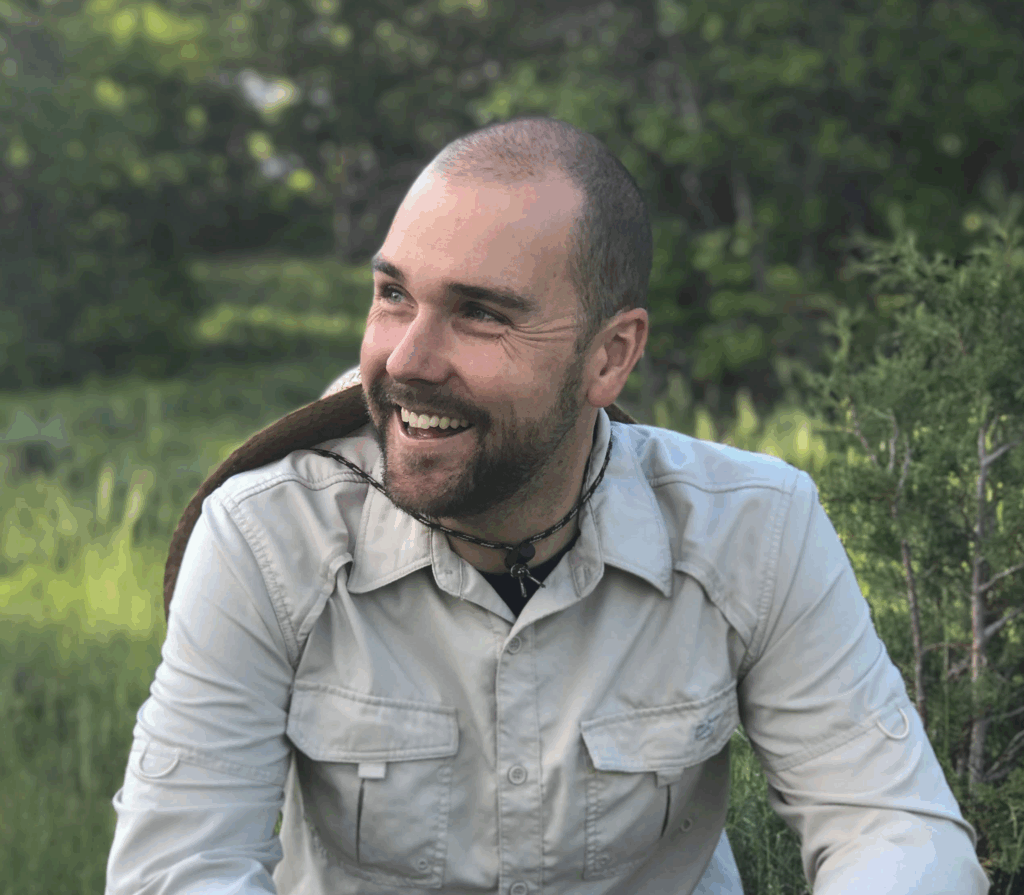
I am trained as a rural sociologist and have focused over my career on international development (primarily in grazing systems in West Africa), domestic agri-food systems (nationally but with most time spent in the Great Plains and the mid-Atlantic regions of the US), and public and community health in rural places. I currently co-own a small consulting firm, where we bring applied social science skills to work for the public sector (government and non-profits).
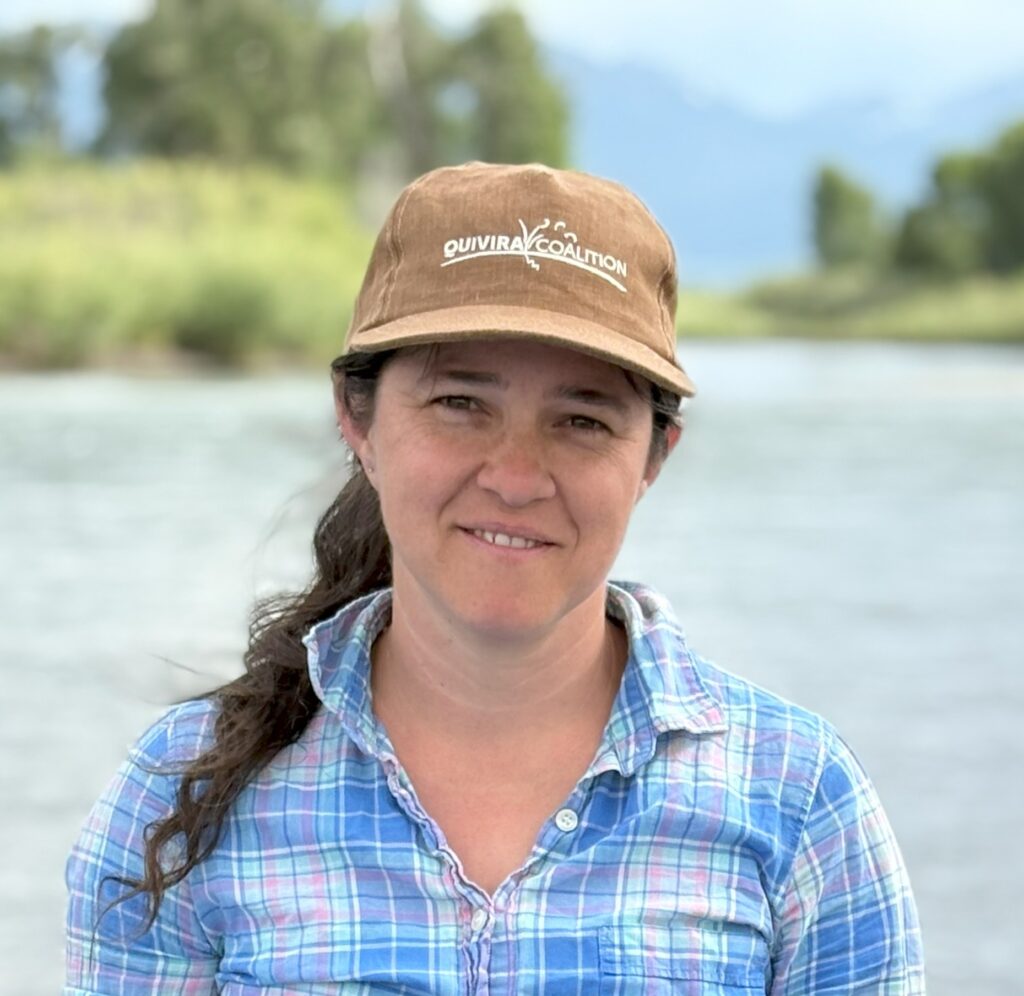
Kristina is a passionate advocate for regenerative agriculture and supporting those in this field. She joins the team with a colorful background in many aspects of the agricultural industry including pasture-raised swine and poultry, grassfed beef, produce, fruit trees, dairy cattle, agritourism, event planning, marketing, and program planning. Kristina is a two-time graduate of North Carolina State University with a Bachelor’s degree in Extension Education with minors in Agricultural Leadership and Animal Science and a Master’s of Animal Science degree. In the few years she spent as a Livestock Extension Agent, Kristina worked with farmers of all different backgrounds, expertise, and skill levels; sharing knowledge, methods, and technologies to improve productivity, efficiency, and bottom lines. Kristina is excited to bring a farmer/rancher-centered approach to her communications work and be able to support telling the stories of regenerative ranchers. Kristina is an avid traveller and loves to explore national parks and new countries. When not working or traveling, she loves to read, try new coffee shops, hang out with her dog, Zelda, and plan her next trip.
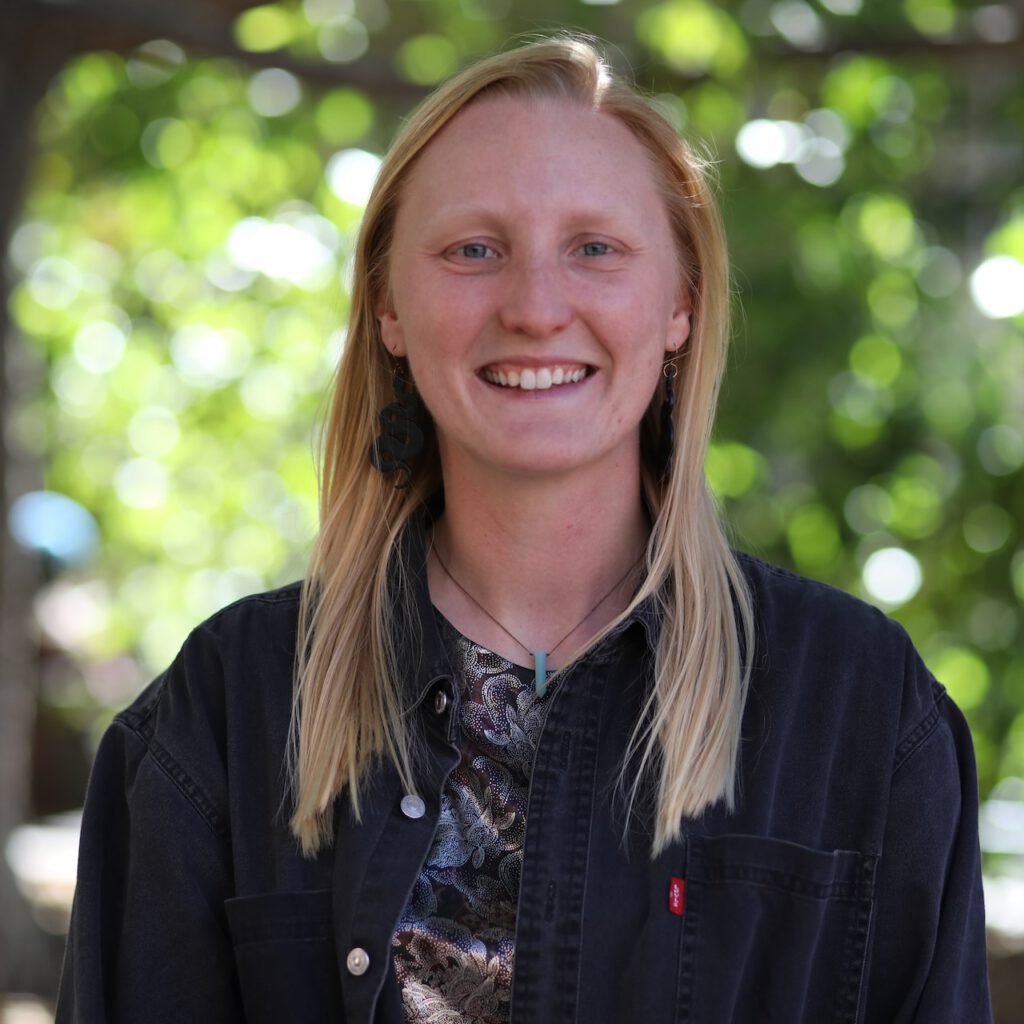
Born and raised in Germany, Kristy Weaver was shaped by an environmentally conscious culture and set of values, spending much of her childhood exploring the forests and open spaces near her home.
Kristy began her career by earning a bachelor’s degree in business administration from Colorado State University. Today, she is a certified practitioner of continuous improvement and change management. Kristy has a decade of experience in the food and beverage industry where she focuses on scaling innovative solutions to increase efficiency, reduce waste and integrate new technologies to solve large-scale business challenges.
She resides with her husband on a ranch in eastern New Mexico — home to the endangered lesser prairie chicken. Kristy has focused her career on harmonizing technology, people and processes, and works to uncover new ways to foster resilience through the intersection of conservation and agriculture.
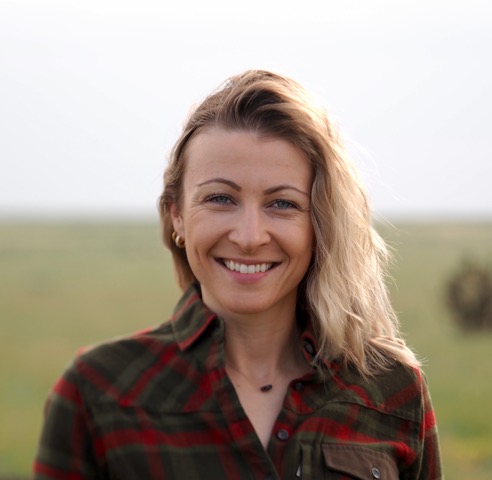
Kyler combines his passion for local food systems, collaborative facilitation and regenerative stewardship at Quivira Coalition. In his role as Grants Manager he supports the Operations, Fundraising and Programmatic teams with cross-functional and simple systems for securing and managing grants. Originally hailing from the mountains of northwest Montana, Kyler joins the team with a background in multi-stakeholder projects working toward equitable food and land access in the Pacific Northwest and Southwest. He is trained as a participatory facilitator and strategic planner, which he employs in service to community-informed, place-sourced projects and initiatives. In his leisure time you’ll find him stewarding parts of the Mancos Valley in Colorado, sharing food, stories, music and adventures with his wife, two children, friends, and family.
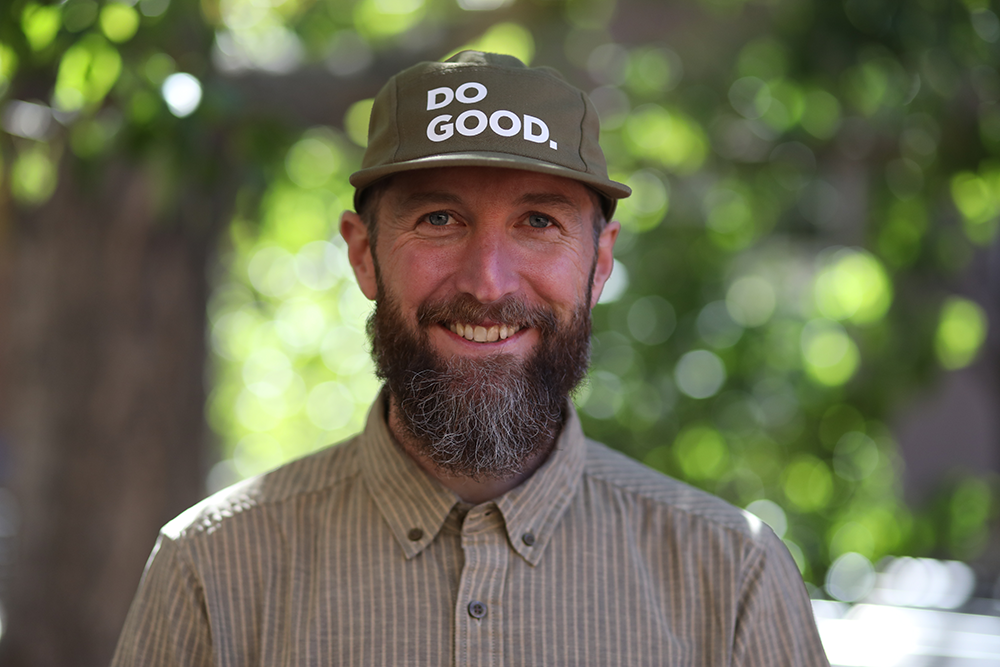
Leah comes to Quivira Coalition with over a decade of experience coordinating and managing nonprofit programs at the intersection of sustainable agriculture, environmental education, and community resiliency. After graduating from Bowdoin College with a B.A. in Anthropology and Environmental Studies, she spent five years working at an outdoor science school in California, helping kids build connections to the outdoors through ecology lessons and exploration. In addition to teaching outdoor ed, she’s also taught garden and cooking classes in the Bay Area, and English in northern Chile. More recently, Leah managed California’s Market Match program, one of the nation’s largest SNAP incentive programs. She helped lead the expansion of the program to over 260 farmers’ markets across the state, supporting small scale farmers, low-income families, and a stronger local food system in the process. Outside of work, Leah likes to spend time up in the mountains on long runs, learning about geology, or whipping up a batch of waffles in her kitchen.
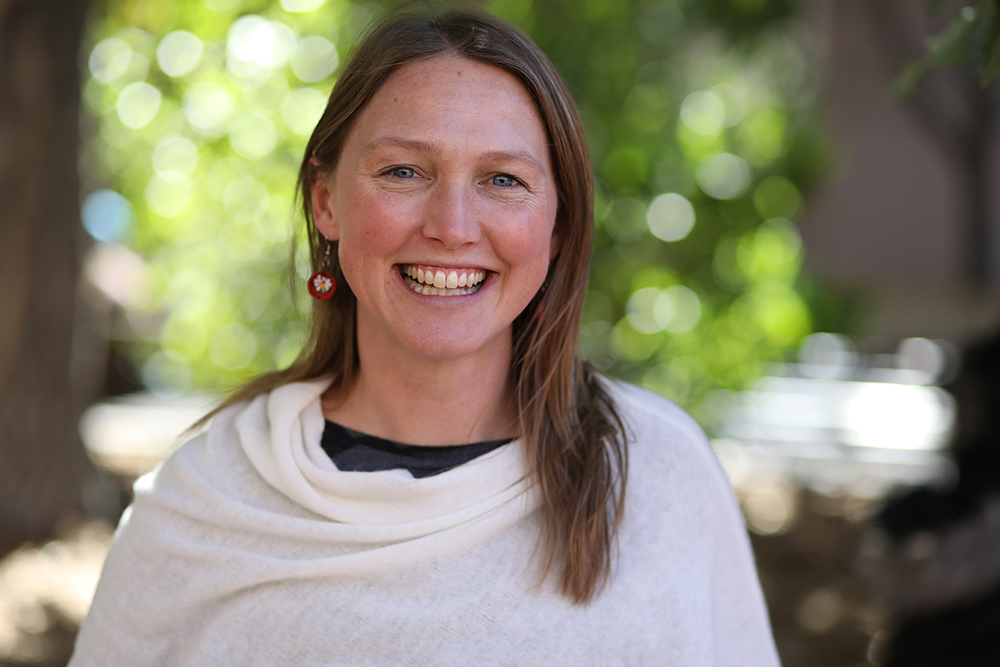
Lynne has worked in food and farming since 2005. She started off as a farm apprentice on an organic farm in Washington State and went on to manage farms in Oregon and Hawaii. After receiving a degree in Anthropology, she traveled the world with the intent to better understand how people connect to their natural environments. Lynne spent 10 years in New Mexico where she pursued work with horses and holistic grazing systems. She is inspired by good food, holistic health for people and animals, community, time spent in nature, and independent films. Lynne now lives in Sisters, OR, holding down the Quivira outpost in the Pacific Northwest.
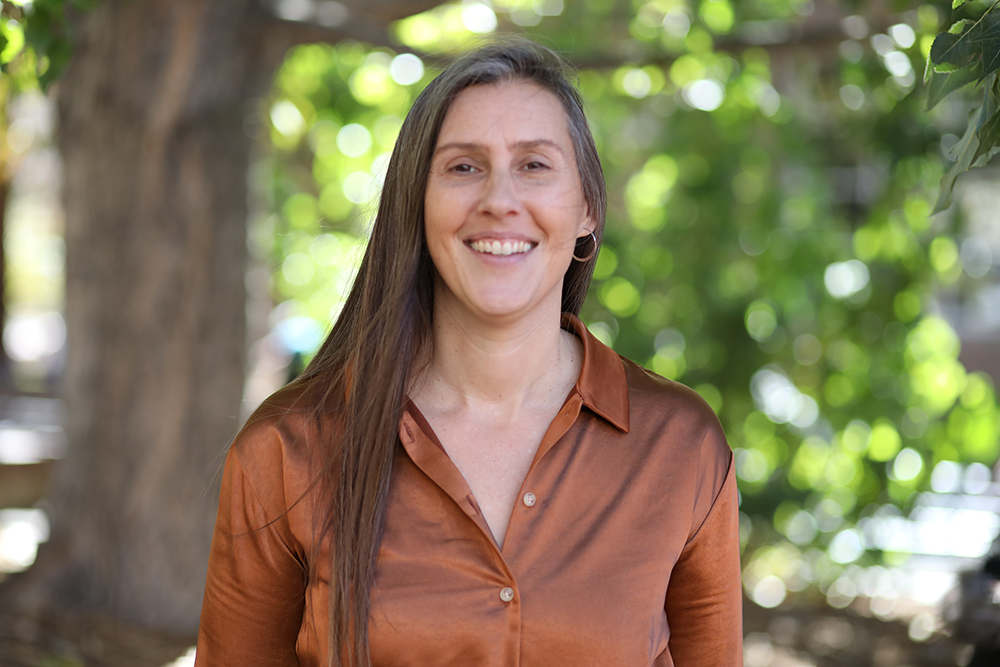
Maggie is a multi-faceted leader and collaborator focused on intersections of healthy communities, food systems, learning experiences, and rural housing affordability. She holds an unwavering commitment to embrace transformation, cultivate community resilience, and co-create lasting impact.
Maggie was born in rural Michigan and has made Colorado home since 2010. Outside of work, you’ll find her enjoying Mother Earth’s beauty with her husband and dog — or getting spunky in martial arts.

María Leonor was born and raised in Santo Domingo, Dominican Republic and often finds herself daydreaming about the ocean now that she lives in New Mexico. Early on, María found her love for the outdoors and learned how shared outdoor experiences could help build positive and powerful communities. These experiences and communities led her to pursue work in environmental and ecological programs across New Mexico, Idaho, Chile and North Carolina. Through her work, María grew passionate about creating culturally-relevant programs to strengthen connections to land and inspire long-lasting environmental change. As one of Quivira’s Education and Outreach managers, María designs and implements educational programming, facilitates regional network building, and develops one-on-one relationships with farmers, ranchers and land stewards. María is excited to continue building connections at Quivira and expanding education programming to create more equitable and accessible opportunities for all. In her free time you can find María romping around New Mexican landscapes, cooking elaborate meals, and attempting to successfully take care of her plants!
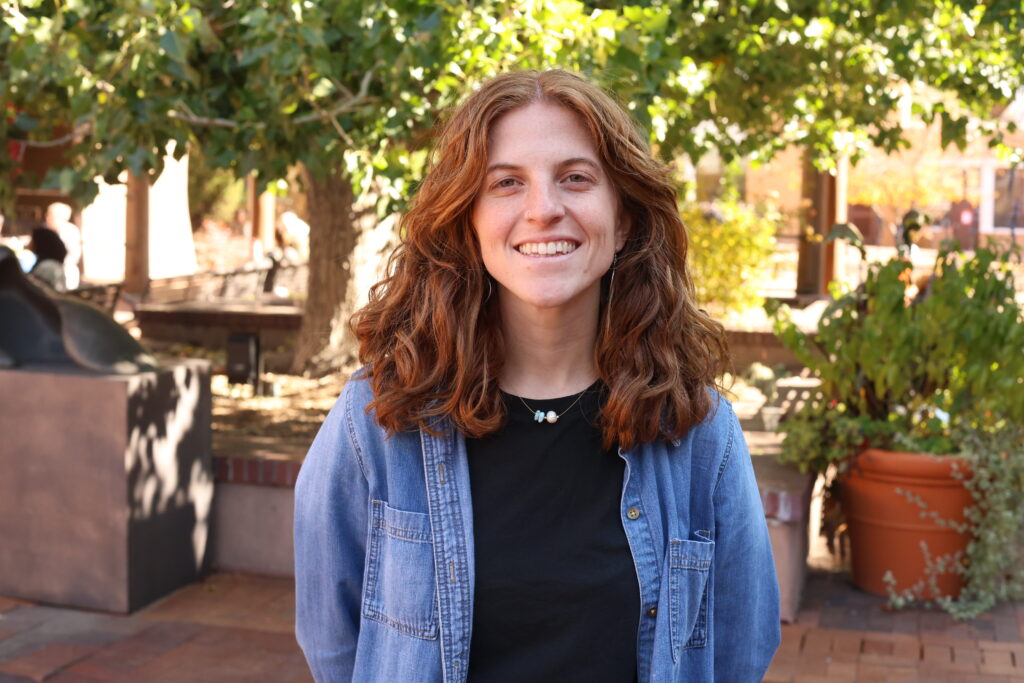
Mattie was raised in the Sawtooth Mountains outside of Stanley, Idaho and has had an interest in building relationships with the land and her food since an early age. Gardening, hunting, fly fishing, and foraging were all integral parts of her homeschool education. Her combined interest in ecological systems and food inspired her to study permaculture design at age 18, and continued through college where she helped develop a campus community garden before graduating with a B.A. in Environmental Studies-Geology from Whitman College. After school, she traveled and volunteered on farms across Southeast Asia before returning to the West, where she worked seasonally conducting field studies, wrangling for a hunting outfitter, and tending several small goat farms. In 2018, she moved to Bozeman, MT where she served two years as an Americorps VISTA at a non-profit food bank. Her work involved managing a small volunteer-powered farm that grew fresh food for their customers and creating a new community garden space where visitors can learn about the agricultural histories of the region, Indigenous food systems, and food forestry. When the COVID pandemic struck, she returned to Montana State University to learn more about the systemic barriers and opportunities for strengthening local and regional food systems and earned an M.S. in Sustainable Food Systems. She is excited to support the next generation of agrarians across the Northern Plains, and to continue connecting people with the land to create a more robust and resilient food system. She currently lives in a cabin outside of Bozeman with her cat, Luna. She likes to listen to live music, wander through the mountains, and work with her hands.
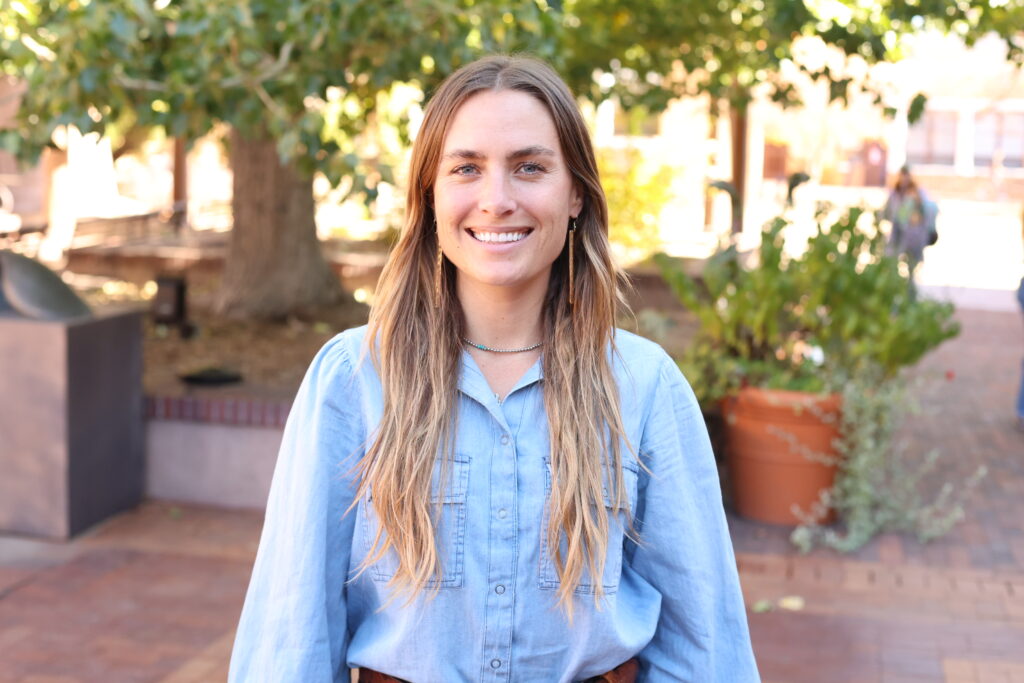
Nameh Marsin blends her love of the land, people and systems in her role as Quivira’s Office Manager. Nameh has led many lives; rape crisis legal advocate, Chicago law firm office management, organic veggie and seedling farming, and spiritual life coaching. Nameh deeply values harmony by bringing our inner world in alignment with our outer expression.

Natalie Berkman is a rancher and grazier currently based in Missoula, Montana. She got her start in ranching with Quivira’s New Agrarian Program (NAP), apprenticing at the Milton Ranch in central Montana. Here, she developed her appreciation for creating deep connections with others through work. She then moved on to Oxbow Cattle Company in western Montana, serving as their Grazing Manager, and was lucky enough to mentor a NAP apprentice for two years. Her work is rooted in a fascination with how animals and people move across landscapes, and how these movements shape ecological and human communities alike. She finds joy in moving four-legged creatures onto fresh grass with the help of other four-legged creatures, and in witnessing the wildlife that thrives alongside well-managed land. Her favorite Montana visitor? The Snowy Owl. And if you’re curious, be sure to ask her about the time her border collie brought her a black bear.

Nick grew up partly on a family’s cattle ranch in the Gila Wilderness of New Mexico and partly in San Diego, CA–a real “surf and turf” upbringing. Nick studied Environmental and Marine Resources at Stanford University and holds a graduate degree in Sustainable Aquaculture from the University of Stirling, Scotland. A former member of the Quivira Coalition staff, Nick is now Founder and CEO of Neptune Snacks, a mission-driven food company that seeks to ‘Restore Humankind’s Healthy Relationship with the Sea’. Nick continues to work the family ranch and remains tied to regenerative agriculture as a member of the Quivira Coalition Board of Directors.
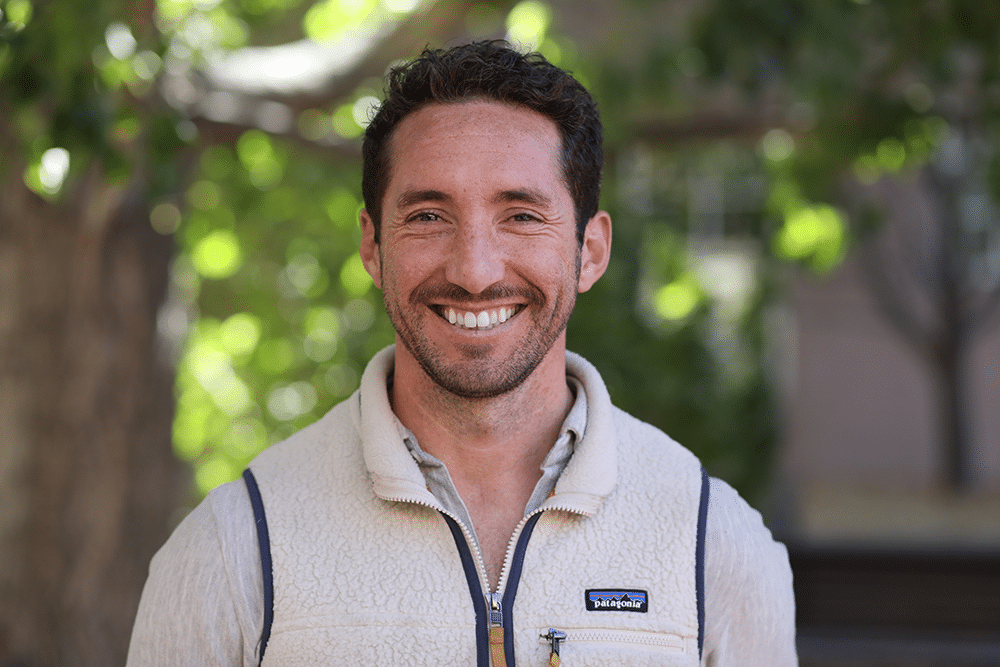
Nina joins Quivira with an excitement for sustainable and equitable food system management. Before recently graduating with an MA in Food Studies from Chatham University in Pittsburgh, PA, where they focused on US agricultural policy, agroecology, regional value chains, and justice oriented food practices, Nina spent a decade working on diversified vegetable and livestock farms across the US, and growing as a facilitator, advocate, and educator at organizations such as Cottonwood Gulch Expeditions, The Santa Fe Botanical Garden, and Girls Inc. of Santa Fe. As part of Quivira’s Education and Outreach program, Nina merges their passions for human systems and food systems while facilitating conversations and programming around regenerative agriculture, as well as kindling connections throughout the Mountain West. Outside of Quivira, Nina can be found working at their other career as a food writer and recipe developer for various regional and national publications, as well as tending to their hobbies of needle felting, cooking the perfect pot of beans, and taking long walks.

Owen works on agriculture and conservation issues in the U.S. and around the world. His current projects include analyzing the impacts of eucalyptus plantations in Brazil and figuring out how to build nature-positive economies in Papua New Guinea. As a youngster, he lived on several farms and ranches in Colorado, West Texas, and New Mexico. Owen is a proud graduate of New Mexico State University, loves composting, and once grew the Three Sisters in an apartment balcony garden.
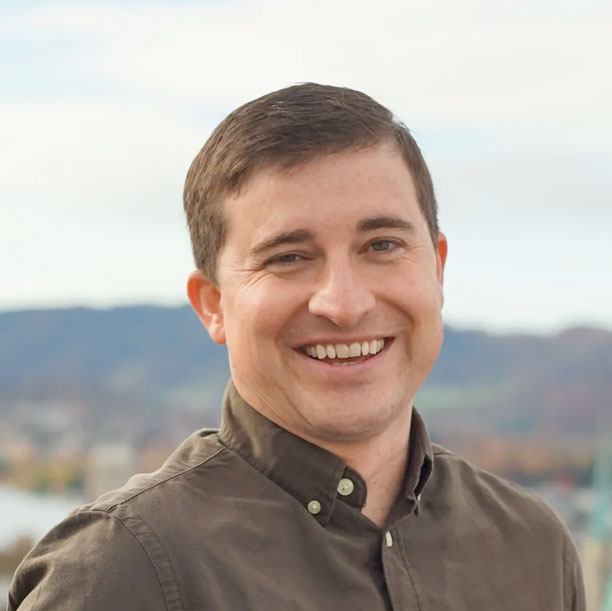
Sisto Hernandez is a member of the White Mountain Apache Tribe in Arizona. He comes from a ranching heritage on both sides of his family. His maternal grandfather & great-grandfather were both cattle owners on the Fort Apache Indian Reservation in Arizona. His paternal grandparents also operated a ranch in northern Chihuahua Mexico. Sisto also serves as the Vice President of the Grasshopper Livestock Association. The Grasshopper Livestock Association is a Tribal grazing collective comprised of 14 members.Sisto was the Rangeland Management Specialist for the White Mountain Apache Tribe for 16 years. In that time he represented his Tribe and served as president of the Mexican Wolf/Livestock Council for Arizona & New Mexico. In that role he was instrumental in promoting tolerance and the implementation of proactive coexistence practices.Currently Sisto is a District Coordinator for Indian Nations Conservation Alliance (INCA). INCA helps Tribal agricultural producers to access USDA programs & assistance, implement conservation practices, and access new & innovative agricultural technologies.Sisto is a strong advocate of ranching, agriculture, natural resources & wildlife conservation, coexistence, and Tribal sovereignty.
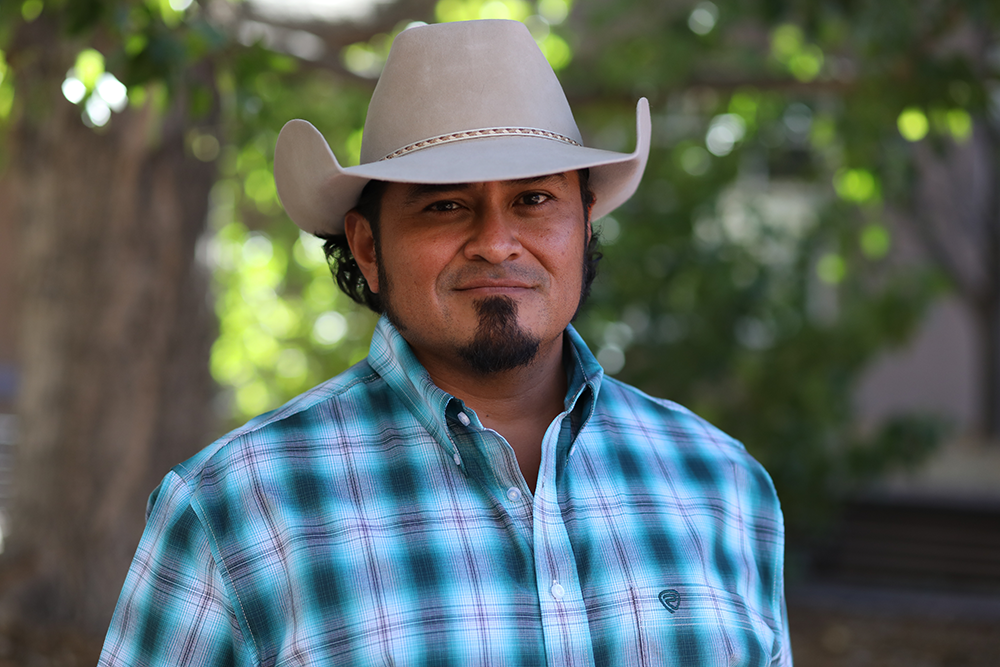
Vanessa was born in Boston, MA and grew up in Tucson, AZ. She currently administers lease agreements for livestock grazing and farming on Pima County-owned properties in southern AZ, and formerly worked for the U.S. Forest Service in Payson, AZ. She completed a Master of Range Science degree at NMSU, and Instituto Nacional de Technologia Agropecuaria in Argentina. She also worked on four different grassfed livestock ranches intermittently throughout her career in the Southwestern U.S.

Wynette brings over 25 years of consulting experience, blending traditional Navajo wisdom with advanced technology and modern business practices. She specializes in developing sustainable, practical solutions that empower individuals, communities, and organizations to thrive.
In the health and wellness sector, Wynette advocates for a metabolic approach to optimal health, including its application to cancer, autoimmune diseases, obesity, and Parkinson’s disease. A strong believer in “food is medicine,” she emphasizes the importance of all-natural, chemical-free food and regenerative land practices.
In addition to owning and operating her consulting firm, Wynette serves on the board of a prominent tribally owned utility company. She is also exploring innovative technologies, such as drones, to enhance conservation and land management capabilities within her own business.
Wynette holds a Master’s degree in Industrial Engineering from the University of Oklahoma and a Master’s of Advanced Study in Geographic Information Systems from Arizona State University.
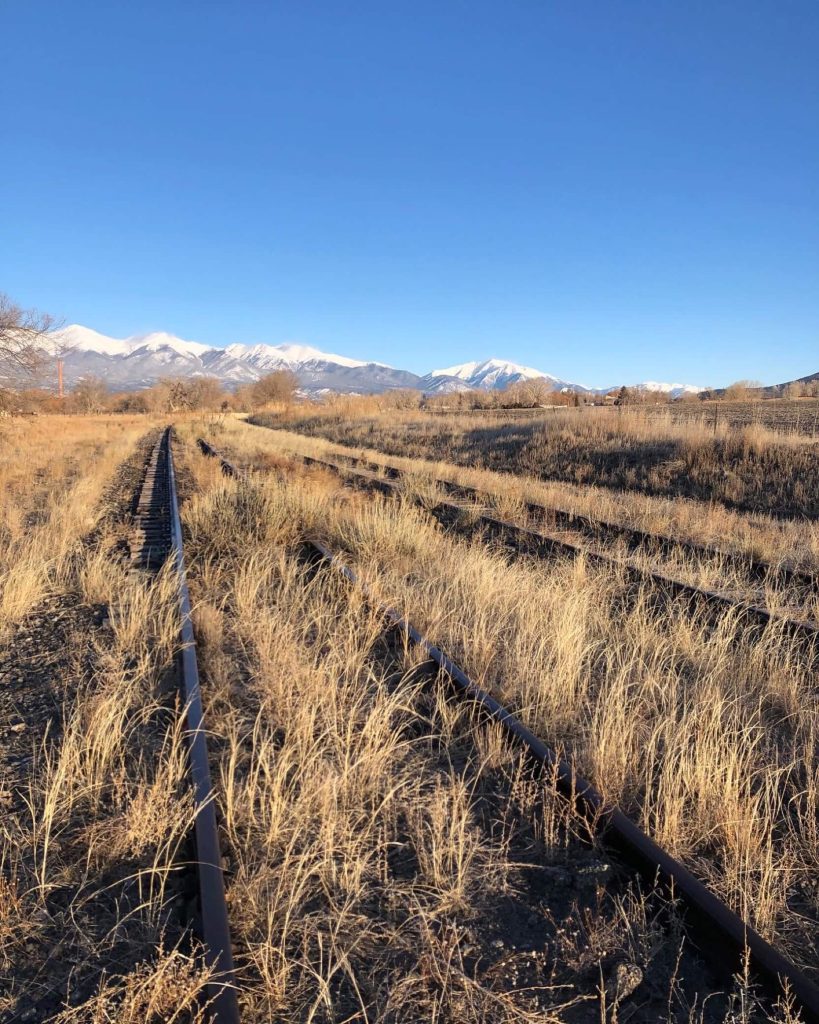
Xochitl is a sunny New Mexican who loves the land. The granddaughter of farmworkers, Xoch went on to serve her home as an attorney practicing water and natural resources law, a United States Representative, and U.S. Department of Agriculture Deputy Secretary.
In Congress, Xoch represented the largest district that wasn’t a whole state. She changed complex regulations to support collaborative water conservation and made White Sands a National Park. During COVID, she helped keep farmers, small business owners, and rural hospitals from bankruptcy. At the Department of Agriculture, Xoch first worked at Rural Development, overseeing an annual $40 billion to connect people to high speed internet and water systems, invest in rural health care and businesses, build homes, and expand clean energy. As deputy secretary, Xoch served as chief operating officer for over 100,000 civil servants. During her tenure, she helped make permitting more efficient and created the USDA’s first drought program financed through the Commodity Credit Corporation. She’s been confirmed by a bipartisan United States Senate twice.
Xochitl lives in Las Cruces, New Mexico with her husband, horses, dogs, and cats. They spend as much time as possible hunting and exploring the great outdoors.

Our History
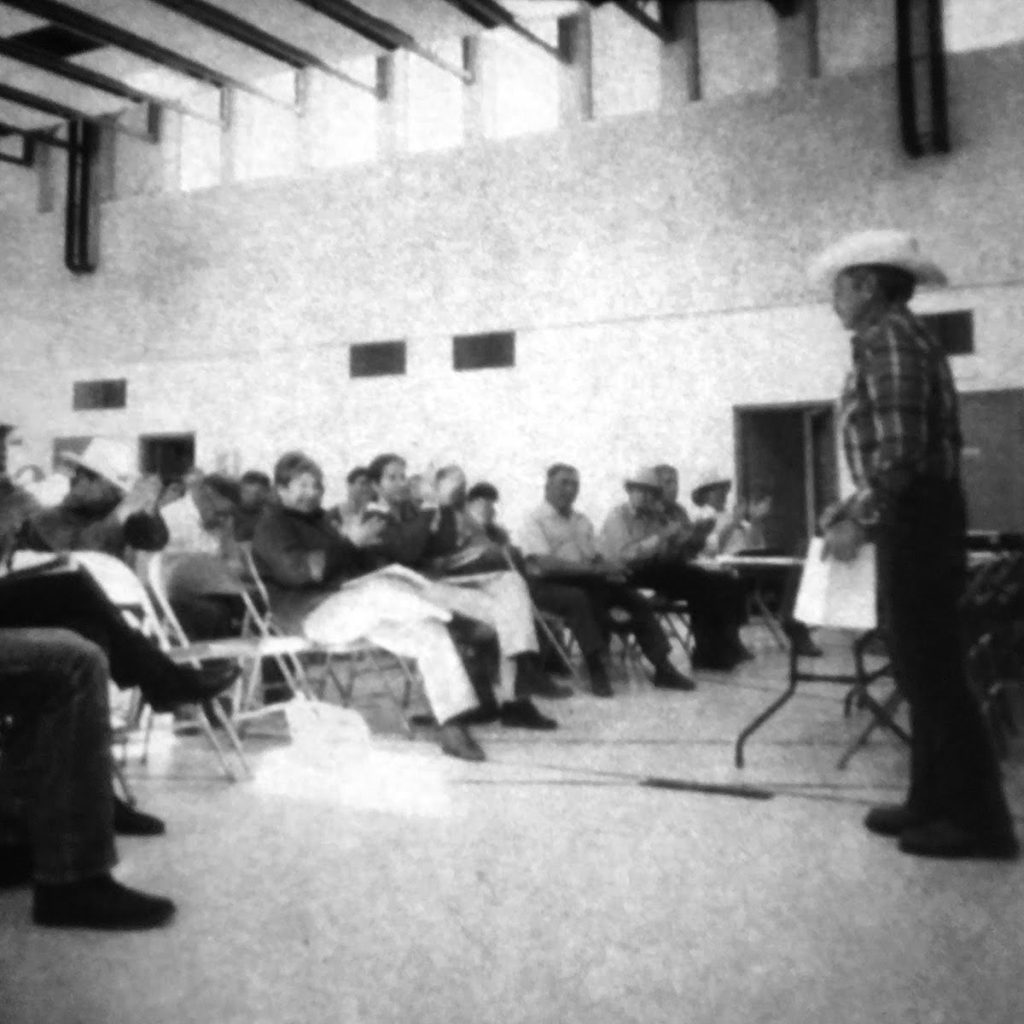
Establishing collaborative restoration and collaboration
1997
Barbara Johnson, Courtney White, and Jim Widner — two members of the Sierra Club and a rancher — come together with a new vision of a West where ranches thrive economically and ecologically, to found the Quivira Coalition.
1998
Valle Grande Grass Bank established, providing alternative grazing opportunities for ranchers who manage public land permits. The grass bank offers a place for cows to graze while a public land allotment can be thinned, or treated to optimize ecological health.
2000
"The New Ranch Handbook" is published, promoting progressive ranching.
2001
The Comanche Creek Working Group was formed, with Quivira Coalition, New Mexico Trout Unlimited, the U.S. Forest Service, Valle Vidal Grazing Association, and others, to restore Rio Grande cutthroat trout habitat, beginning a 20 year collaboration in the area.
Bill DeBuys writes “Looking for the ‘Radical Center’ in the Quivira Newsletter, an early concept note informing our work.
2002
The Quivira Coalition “Official” First Annual Conference - The New Ranch at Work - happens Friday, January 18 and Saturday, January 19, 2002 at La Posada de Albuquerque.
2003
Radical Center Initiative launched, uniting ranchers, scientists, and conservationists.
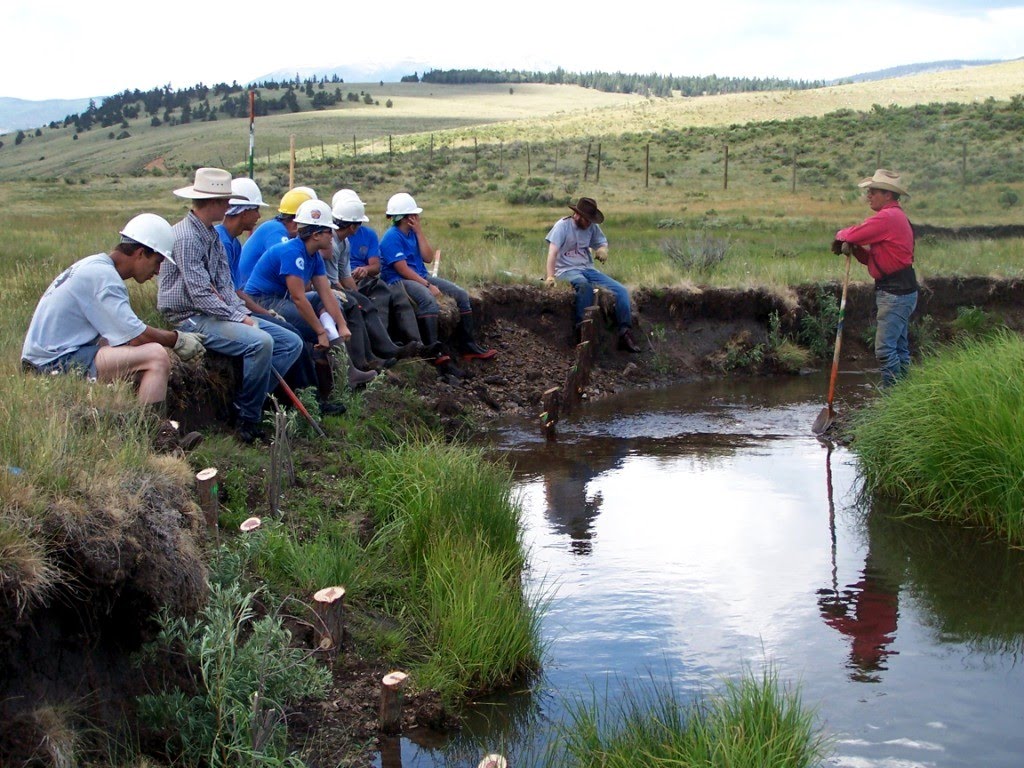
Scaling up resilience and collaborative science
2004
Expansion into watershed-scale restoration and community-based conservation efforts.
2008
Inspired by the growing movement of young agrarians, the New Agrarian Program was launched to address the challenge of land access, training, and economic viability for new farmers and ranchers
2009
Introduction of "New Agrarianism," integrating regenerative agriculture, resilience, and local food.
Induced meandering methodology was formalized into a comprehensive how-to manual titled "Let the Water Do the Work: Induced Meandering, an Evolving Method for Restoring Incised Channels,” co-authored by Bill Zeedyk and Van Clothier
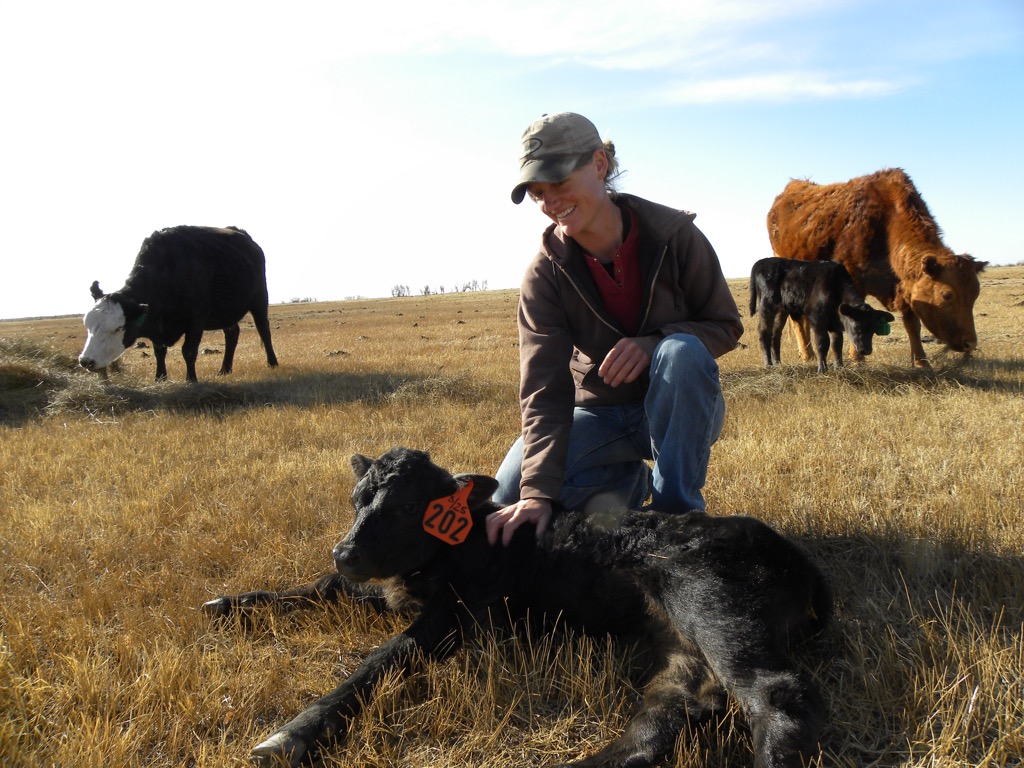
Resilience, agrarianism and climate adaptation
2012
Quivira transitions from a "Think Tank" to a "Do Tank", implementing regenerative practices on over 1 million acres.
2017
Expansion of the New Agrarian Program to the Northern Plains (Montana, Wyoming, Idaho)
Development of the New Mexico and Colorado Coalitions to Enhance Working Lands

Diversification and succession
2018
Partnered with Holistic Management International and American Grassfed Association to change the Quivira Conference into the REGENERATE Conference
Carbon Ranch Initiative project launched, integrating carbon sequestration, regenerative grazing, and food system resilience
2020
Quivira’s annual literary journal, Resilience, comes back after a five-year hiatus.
2023
Through the new Soil to Supper and the Pathways to Resilience initiatives, Quivira is focused on putting resources to work on farms and ranches to support transition to regenerative agriculture and ecological restoration.
The New Agrarian Program expands its programming to support more beginning ranchers and farmers to find community, mental health, and technical resources to engage in regenerative agriculture.

